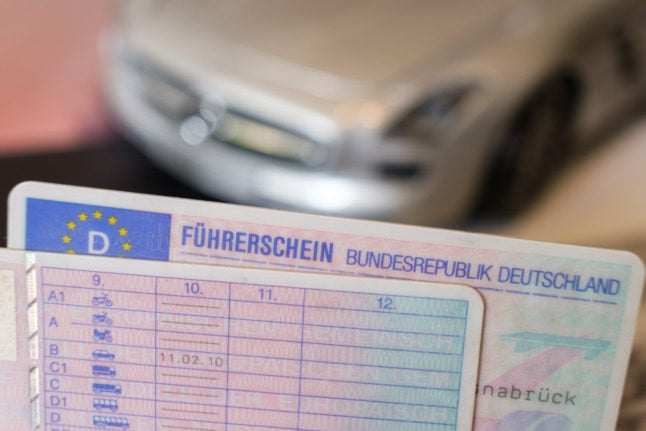The 27-year-old sat out June's European championships with a groin injury as Germany lost to France in the semi-finals, but used his time in the off-season to swot up on his skills behind the wheel and prepare for the theory test.
“Yes, it's true that I've passed my driving test. I am pleased that this chapter is now closed,” the Borussia Dortmund star told German daily Bild.
Reus, who has won 29 caps for Germany, passed his theory and practical parts of the test on Monday and picked up his brand-new licence on the way to training on Tuesday.
Reus hit the headlines in November 2014 when it emerged he had been driving for years without a valid licence.
Due to his high salary, he was fined €540,000 by the district court in Dortmund after he had submitted a fake Dutch driving licence when routinely stopped by police.
“I had unfortunately decided to take this path [driving without a licence] and to this day I can't even understand myself why I did that,” he said in 2014, after also missing the last World Cup with injury.
Having sat out Borussia's 2-0 defeat at home to Bayern Munich in the German Super Cup on Sunday, Reus is expected to return to Dortmund training soon, but is set to miss their opening German league match at home to Mainz on August 27.
Dortmund are back in the Champions League this season after a year's absence after finishing second to Bayern in the Bundesliga last season.



 Please whitelist us to continue reading.
Please whitelist us to continue reading.
Member comments